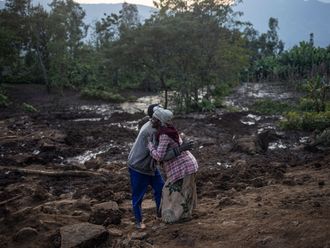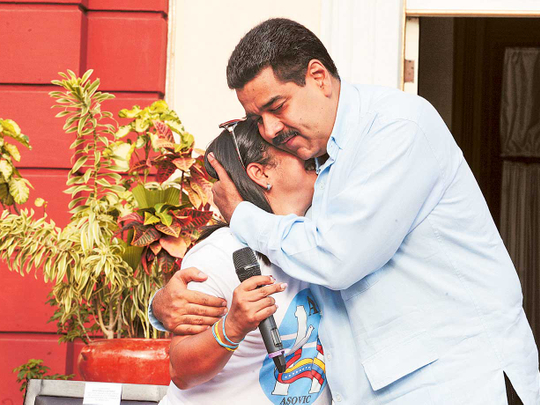
Caracas: Venezuela’s high court Monday struck down an amnesty passed by opposition lawmakers to free those they describe as political prisoners at the urging of President Nicolas Maduro who is fighting a bid to force him from power.
The Supreme Court declared the measure — which President Nicolas Maduro had challenged — as unconstitutional in a ruling published on its website.
Explaining its lengthy decision, the court said the law includes “infractions that are acts of organised crime, which are not related to crimes of a political nature.”
Maduro had accused the opposition of trying to sow divisions by passing the bill on March 29.
He had the choice of signing it, sending it back to the legislature for changes or challenging it before the Supreme Court.
One of the touchiest issues is some 75 opposition figures the amnesty measure describes as political prisoners, including protest leader Leopoldo Lopez.
Lopez was sentenced to 14 years in September on charges of inciting violence at anti-government protests that shook the country in 2014 and left 43 people dead.
His jailing has drawn international condemnation.
But Maduro, who accuses his opponents of seeking to oust him in a coup, said the bill aimed to free criminals.
On Thursday, Maduro told a crowd of thousands of supporters in front of the presidential palace that he had decided to ask the top court to invalidate the “criminal” amnesty bill.
“If this law is approved, Venezuela will enter into a cycle of civil war. We cannot allow it. Division and hatred will not reign in Venezuela. For there to be peace, there must be justice,” Maduro said.
Maduro, following the Supreme Court’s decision, said he would launch a truth commission to deal with jailed opposition activists’ cases that would be “diverse, balanced, fair and from all over the country.”
The president said he had invited four opposition members, but it was not immediately clear if they were to join the commission, or just attend Tuesday’s launch ceremony.
“If they attend as I am hoping, they will be welcomed with a handshake from me, and a friendly embrace,” Maduro said at a public event.
Maduro and the National Assembly have been at each other’s throats since the opposition took control of the legislature in January.
Fed up with a deep recession, severe shortages and violent crime, Venezuelans gave the opposition a landslide victory in legislative elections, the biggest challenge yet to the “revolution” launched in 1999 by Maduro’s late predecessor and mentor, Hugo Chavez.
Maduro’s popularity has plummeted amid the economic crisis, widespread shortages and soaring inflation in a once-booming oil-rich country, now laid low by plunging oil prices, mismanagement and corruption.
But he retains de facto control of the courts and the military in addition to his administration.
Opposition activists would need to collect signatures from 20 per cent of all registered voters, or nearly four million people, to force a recall election, which is allowed under Venezuela’s constitution once Maduro reaches the middle of his term this month.
The opposition coalition also wants to push through a constitutional amendment that would reduce the current six-year presidential term.


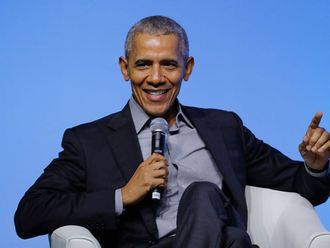
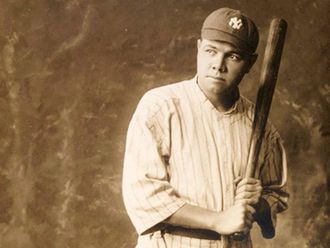


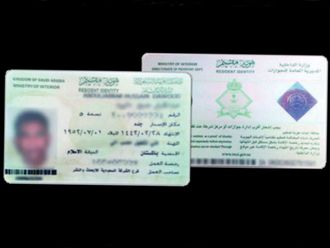

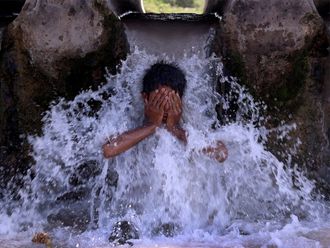

_resources1_16a30b3523c_small.jpg)
